How To Perform Ghusl From Menstruation and Janābah - Shaykh Ibn Bāz
﷽
Question:
In her last message, she asks with regards to how to purify the body after menstruation and from Janābah (sexual impurity) with the usage of technological advancements like the shower, tap water and other than its likes.
Response of ash-Shaykh ʿAbd al-ʿAzīz bin ‘Abdillāh ibn Bāz - may Allāh have mercy on him -:
Firstly: A person purifies himself—the female purifies herself after menstruation and postpartum bleeding, and the male and female purify themselves from Janābah (sexual impurity) and washes off what is around the private part from remnants either of blood, pre-ejaculation, remnants after orgasm and other than its likes. The individual washes off any remnant in that area and also any remnants of urine.
After that, they observes ablution as is done for Ṣalāh (prayer) be it; the menstruating woman, the one in postpartum bleeding, and the one in a state of Janābah. He observes Wuḍū’ (ablution) as done for the Ṣalāh, then after that pours water over the head three times, then over the right side of the body, then the left side after, that completes the Ghusl (ritual bath).
This is the Sunnah practice, and this is what is best.
If he pours water over his whole body once this suffices him, be it that (Ghusl) of Janābah or of Ḥayḍ (menstruation), but the comprehensive way is as we described earlier; that after Istinjā’ (purity with water after relieving oneself from that which exits the two passageways) he observes Wuḍū’ as for Ṣalāh, pours water over the head three times, then washes the right side of the body then the left side, and then completes by washing the whole body. This is the best and this is the complete way.
And for the female, if she was to be menstruating, it is recommended for her to place Sidr (leaves) in her water. This is the best regarding the purification of the menstruating one and the one in postpartum bleeding. But for the one is a state of Janābah then no, there’s no need for the usage of Sidr nor other than it, but the water suffices. Be it the washing is done under the tap, under the shower, that of the bath container, or lake all this is permissible. All praises due to Allāh.
Presenter:
May Allāh bless you, and reward you with good.
─────────
Translation: MiU Editorial
1 Jumādá al-Ūlá 1444 (هـ) • 24 November 2022
Revised 15 Rabī‘ al-Awwal 1447 (هـ) • 8 September 2025

